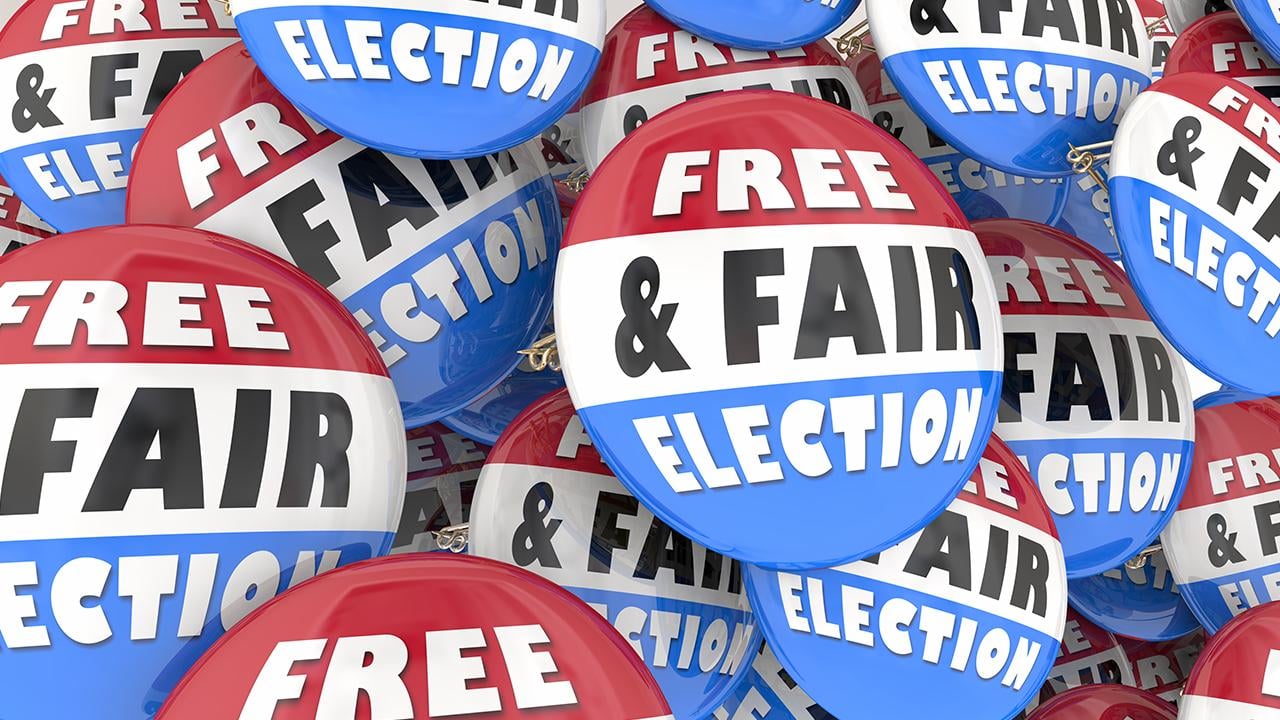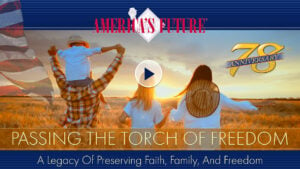
Woven into the foundational fabric of our nation and recognized by scholars as the core principle of our Constitutional Republic is the priceless right of qualified voters to participate in free and fair elections.
Respecting this framework, the Supreme Court of the United States has plainly explained, in no uncertain terms and so that there is no doubt about what they mean, that “No right is more precious in a free country than that of having a voice in the election of those who make the laws under which, as good citizens, we must live. Other rights, even the most basic, are illusory if the right to vote is undermined.”
The Supreme Court recognizes two distinct rights conferred upon citizens establishing the bedrock of free and fair election participation. First, “[the right to] associate for the advancement of political beliefs.” Second “the right of qualified voters, regardless of their political persuasion, to cast their votes effectively.” The Court has made clear in numerous decisions over the years that these two rights “rank among our most precious freedoms.”
The right to associate for the advancement of political beliefs, no matter the political persuasion, is secured by the First Amendment and therefore remarkably shielded from government infringement. In fact, exceptions that allow even the slightest government disturbance of such an exceptional fundamental right, vital to our nation’s future, are so rare the concept is best described by Supreme Court Justice Hugo Black sweeping statement from the bench, “No law [violating First Amendment rights] means no law.”
Also paramount to safeguarding free and fair election participation is, of course, ensuring that every qualified voter’s right to cast a vote effectively and meaningfully, is, at all times, absolutely intact and free from taint.
Articles I & II of the Constitution together with the Twelfth Amendment, as modified by the Twentieth Amendment, confer upon state legislatures authority to set forth state-specific rules governing federal elections and constitute applicable law establishing and detailing various procedures and mechanisms of the U.S. Electoral College process. The Electoral College process is the manner in which Americans elect a President and Vice President every four years. Specifically, the Twelfth Amendment, as modified by the Twentieth Amendment, lays out the voting procedures for all individuals, known as “electors” who are responsible to cast ballots on behalf of whichever political party won the state’s popular vote. In 2020, the Supreme Court handed down a decision that provides greater detail regarding responsibilities of electors under the Twelfth and Twentieth Amendments.
The heart of the matter was summed up flawlessly by Supreme Court Justice Thurgood Marshall in 1968 when he declared in a ruling, “Elections are of the most fundamental significance under our constitutional structure.”






